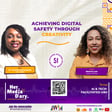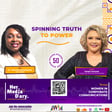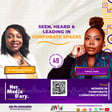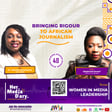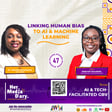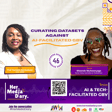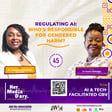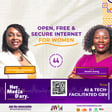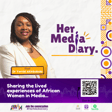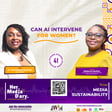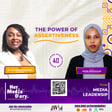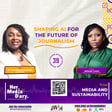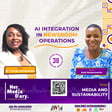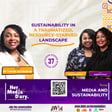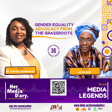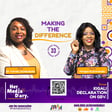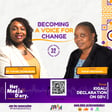
Her Media Diary Episode 14: "Getting my life back!" with Qaanitah Hunter
Qaanitah Hunter is a multiple award-winning journalist and political editor at News24, South Africa. She is the author of 'Balance of Power: Ramaphosa and the future of South Africa' and recently co-authored a book called 'Eight Days in July: Inside the Zuma unrest that set South Africa alight'.
In this episode, Qaanitah shares her journey from childhood through her rise to fame and finding a voice to advocate for mental health after battling with depression.
Qaanitah’s story is that of determination and sacrifice fueled by her childhood desire to reach the peak of her career against all odds.
This episode is dedicated to every journalist out there who have experienced a decline in their mental health and sincerely wants to be the voice of change towards helping others navigate the media space without losing their true self.
Subscribe to Her Media Diary now on your favourite podcasting platform https://linktr.ee/hermediadiary
Learn about African Women in Media https://africanwomeninmedia.com
List of organisations for support with your mental health
Africa mental health research and training foundation
